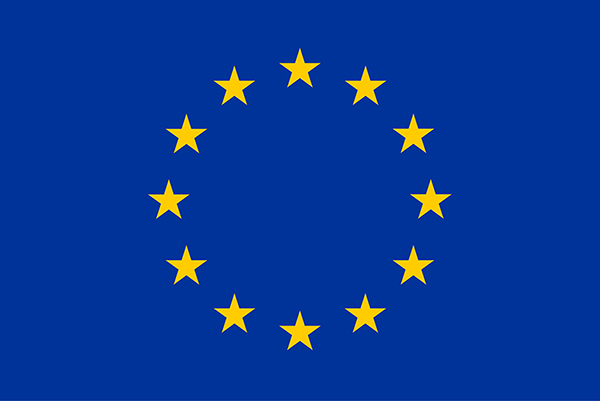kraken is a turn-key OCR system optimized for historical and non-Latin script material.
kraken's main features are:
- Fully trainable layout analysis, reading order, and character recognition
- Right-to-Left, BiDi, and Top-to-Bottom script support
- ALTO, PageXML, abbyyXML, and hOCR output
- Word bounding boxes and character cuts
- Multi-script recognition support
- Public repository of model files
- Variable recognition network architecture
kraken only runs on Linux or Mac OS X. Windows is not supported.
The latest stable releases can be installed either from PyPi:
$ pip install kraken
or through conda:
$ conda install -c conda-forge -c mittagessen kraken
If you want direct PDF and multi-image TIFF/JPEG2000 support it is necessary to install the pdf extras package for PyPi:
$ pip install kraken[pdf]
or install pyvips manually with pip:
$ pip install pyvips
Conda environment files are provided for the seamless installation of the main branch as well:
$ git clone https://github.com/mittagessen/kraken.git $ cd kraken $ conda env create -f environment.yml
or:
$ git clone https://github.com/mittagessen/kraken.git $ cd kraken $ conda env create -f environment_cuda.yml
for CUDA acceleration with the appropriate hardware.
Finally you'll have to scrounge up a model to do the actual recognition of characters. To download the default model for printed French text and place it in the kraken directory for the current user:
$ kraken get 10.5281/zenodo.10592716
A list of libre models available in the central repository can be retrieved by running:
$ kraken list
Recognizing text on an image using the default parameters including the prerequisite steps of binarization and page segmentation:
$ kraken -i image.tif image.txt binarize segment ocr
To binarize a single image using the nlbin algorithm:
$ kraken -i image.tif bw.png binarize
To segment an image (binarized or not) with the new baseline segmenter:
$ kraken -i image.tif lines.json segment -bl
To segment and OCR an image using the default model(s):
$ kraken -i image.tif image.txt segment -bl ocr -m catmus-print-fondue-large.mlmodel
All subcommands and options are documented. Use the help option to get more
information.
Have a look at the docs.
These days kraken is quite closely linked to the eScriptorium project developed in the same eScripta research group. eScriptorium provides a user-friendly interface for annotating data, training models, and inference (but also much more). There is a gitter channel that is mostly intended for coordinating technical development but is also a spot to find people with experience on applying kraken on a wide variety of material.
kraken is developed at the École Pratique des Hautes Études, Université PSL.

